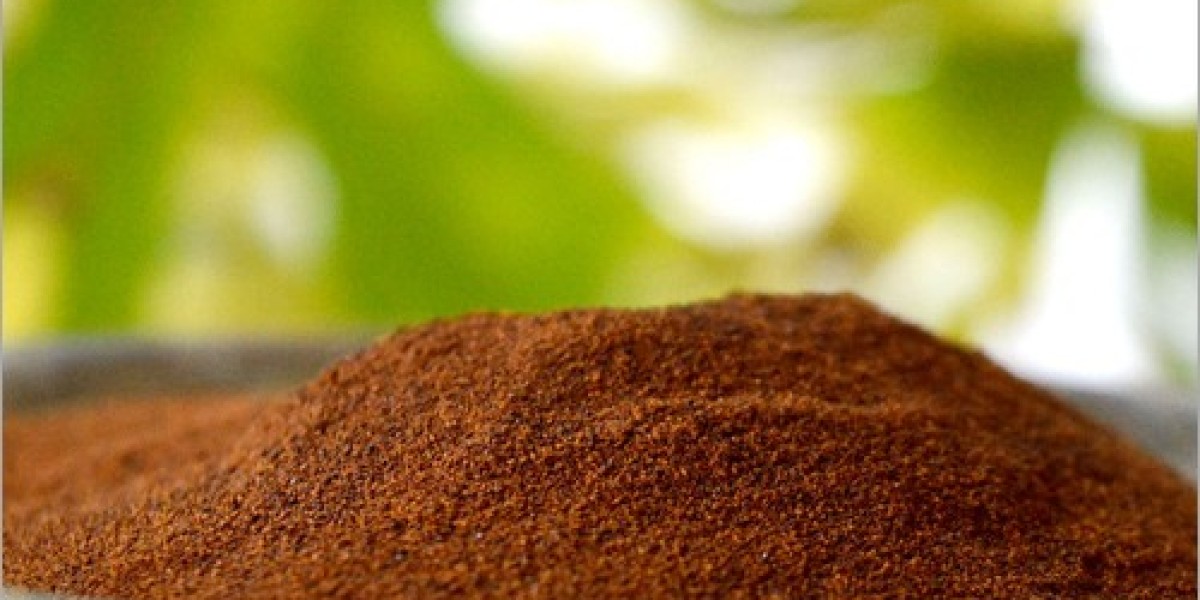Fulvic acid is a natural compound that is found in soil, plants, and other organic materials. It is a type of humic substance, which is a group of organic compounds formed by the decomposition of plant and animal matter. Fulvic acid nz is formed through the breakdown of organic matter by microorganisms in the soil.
Fulvic acid is known for its unique chemical properties and its ability to enhance nutrient absorption in plants. It acts as a chelating agent, meaning it binds to minerals and makes them more available for plants to absorb. This can improve the efficiency of fertilizers and enhance plant growth.
In addition to its role in agriculture, fulvic acid has also gained attention for its potential health benefits. It is believed to have antioxidant properties, which can help neutralize harmful free radicals in the body. Some studies suggest that fulvic acid may support immune function, improve digestion, and enhance nutrient absorption in humans.
Furthermore, organic fulvic acid has been used in traditional medicine systems, such as Ayurveda and traditional Chinese medicine, for centuries. It is often consumed as a dietary supplement or added to topical formulations.
However, it's important to note that while there is some scientific evidence supporting the potential benefits of fulvic acid, more research is needed to fully understand its mechanisms of action and therapeutic effects. As with any supplement or natural product, it's advisable to consult with a healthcare professional before using fulvic acid for medicinal purposes.
Why we do use Fulvic Acid
1. Agricultural applications: Fulvic acid is utilized in agriculture to improve soil health and enhance plant growth. It acts as a chelating agent, aiding in the absorption of minerals and making them more available to plants. This can lead to increased nutrient uptake, improved crop yield, and enhanced overall plant health.
2. Nutrient supplementation: Fulvic acid is often used as a dietary supplement in humans. It is believed to support nutrient absorption by binding to minerals and increasing their bioavailability. This can potentially improve overall nutrient uptake and utilization by the body.
3. Antioxidant effects: Fulvic acid possesses antioxidant properties, which means it can help neutralize harmful free radicals in the body. This antioxidant activity may contribute to various health benefits, including cellular protection, immune support, and potential anti-aging effects.
4. Detoxification and heavy metal chelation: Fulvic acid has the ability to bind to heavy metals and other toxins, aiding in their removal from the body. This detoxification property makes it potentially useful for supporting the body's natural detox processes.
5. Skin care and topical applications: Fulvic acid is sometimes incorporated into skincare products due to its reported benefits for skin health. It may help promote skin hydration, improve the absorption of other beneficial ingredients, and contribute to overall skin rejuvenation.
Conclusion
Fulvic acid is a natural compound found in soil and organic matter. It has gained attention for its potential benefits in agriculture and human health. As a chelating agent, it enhances nutrient absorption in plants and can improve crop yield. In terms of human health, fulvic acid is believed to possess antioxidant properties and may support immune function and nutrient absorption. However, further research is needed to fully understand its mechanisms of action and confirm its therapeutic effects. Before using fulvic acid as a supplement or for medicinal purposes, it is recommended to consult with a healthcare professional.








